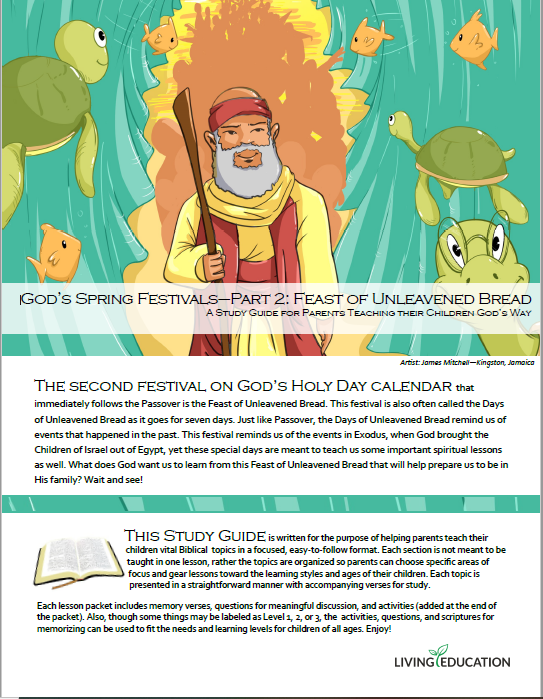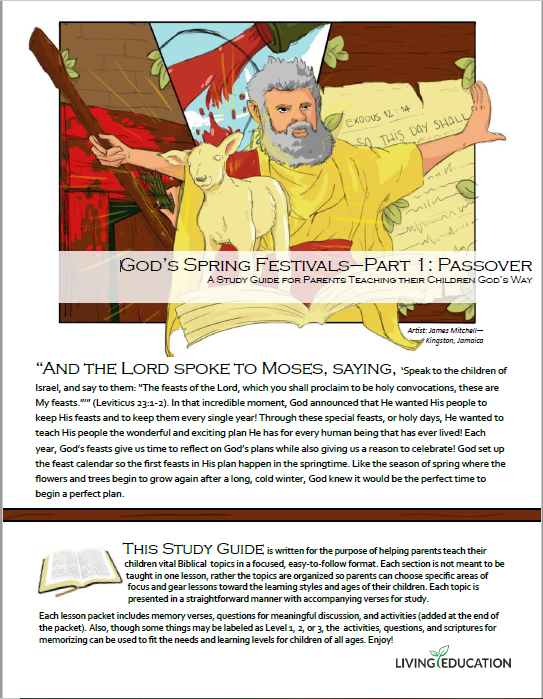Children’s Bible Program – Level 1: NT Lesson 16 “The Unjust Steward”
Featured Passage: Luke 16

Jesus often taught the people using parables. When His disciples asked Him why, He told them it wasn’t time for all the people to understand the meaning of everything He was saying. One day, when Jesus was teaching His disciples, He began telling them a parable about a steward – a person who manages someone’s estate or money. The steward’s boss heard that he was doing a bad job, so he told the steward he was going to fire him. The steward, knowing he was going to lose his job, had to make a quick decision. He did something that Jesus explained with some important lessons for us.

Discuss:
- What did the steward do? What does it mean to be shrewd?
- What is “mammon”?
- With the decision that the steward made, he was making friends with the people who owed his boss money, and preparing for his own future. God wants us to be careful with how we use our money now, in this physical life, but what future are we preparing for ultimately? How is our future in the kingdom more important than our lives in this world?
- What do you think Jesus meant when He said “He who is faithful in what is least is faithful also in much”? Think about the things you own – your toys, clothes, money, etc. What are some ways you can “be faithful” (trustworthy) with the things you own? How would taking care of your things prepare you to take care of bigger things in God’s kingdom?

Memory Challenge:
Luke 16:10 (NIV)
“Whoever can be trusted with very little can also be trusted with much, and whoever is dishonest with very little will also be dishonest with much.”


